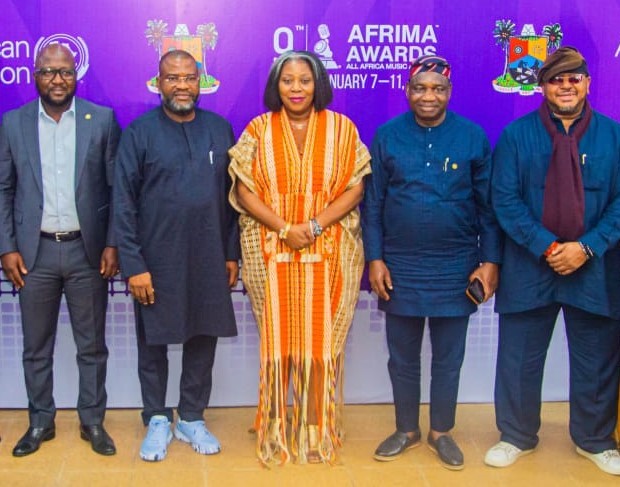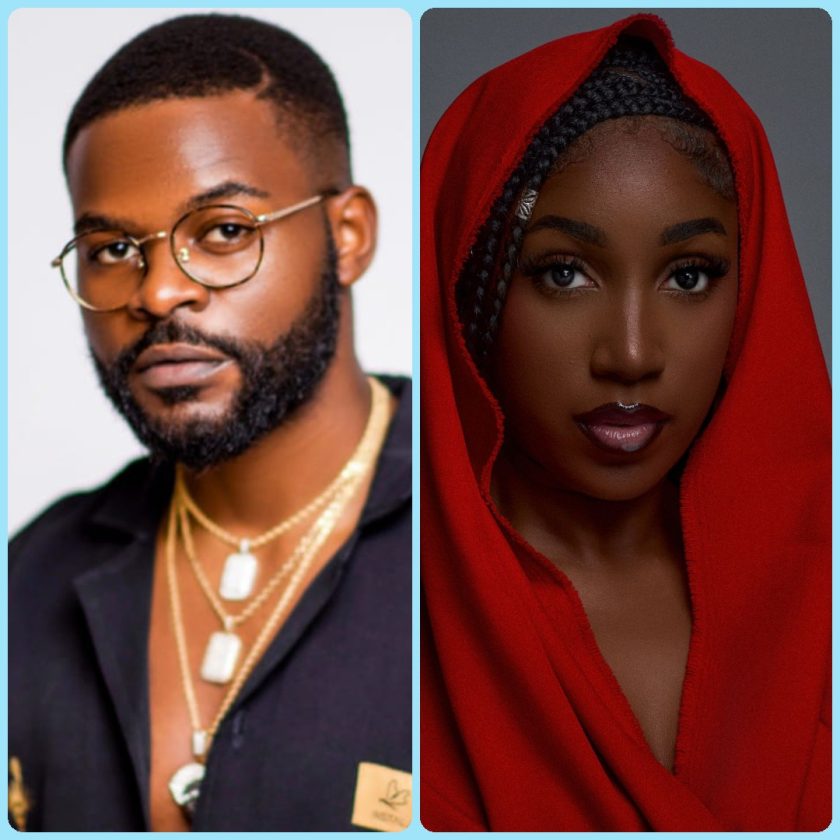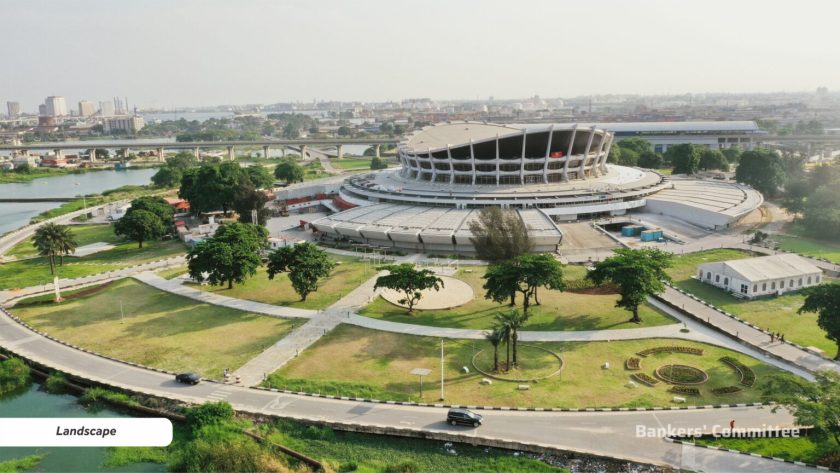The Executive Director of the National Film and Video Censors Board (NFVCB), Dr. Shaibu Husseini, has called for deeper collaboration between the Board and the Nigerian Copyright Commission (NCC) to tackle the growing menace of digital piracy threatening Nigeria’s creative economy.
Dr. Husseini made this call during a courtesy visit to the Director General of the NCC, Dr. John Asein, and his management team in Abuja, where both agencies pledged renewed commitment to joint efforts aimed at safeguarding the intellectual property rights of Nigerian filmmakers and other content creators.
In his remarks, Dr. Husseini commended the NCC for its tireless work in protecting creators’ rights and preserving the integrity of the nation’s creative sector. He expressed concern over the rising cases of film piracy on encrypted digital platforms, particularly Telegram channels and unauthorized streaming websites, where Nigerian films are illegally shared within hours of release.
“Even more disturbing,” Dr. Husseini noted, “is the continuous piracy of Nigerian films by certain Ghanaian television stations that broadcast these works without proper licensing. This not only robs our filmmakers of their deserved earnings but undermines the growth of our film industry and the larger creative economy.”
The NFVCB boss said the visit was to convey stakeholders’ concerns and to explore stronger inter-agency cooperation in copyright enforcement, digital monitoring, and public education. He added that the NFVCB was ready to work closely with the NCC to develop an actionable framework to combat online piracy and protect the interests of legitimate digital platforms.
“The time has come for both agencies to jointly deploy technology-driven solutions, intensify stakeholder engagements, and pursue cross-border enforcement mechanisms—especially as piracy increasingly transcends national boundaries,” he said.
“Together, we can protect the intellectual property of Nigerian filmmakers, encourage more investment in content creation, and strengthen the credibility of our creative sector globally.”
In his response, Dr. John Asein, Director General of the Nigerian Copyright Commission, reaffirmed the Commission’s readiness to work with the NFVCB and other stakeholders to restore the dignity and reward due to Nigerian creators.
“We have one ecosystem, one sector, one country, and one goal—to make the creative industry sustainable and beneficial to those who own it,” Dr. Asein stated.
“Many of our creative veterans have labored for decades with little to show for their work. We must do everything possible to restore the glory of creativity and ensure that recompense gets to those who deserve it.”
Dr. Asein disclosed that the NCC is finalizing a Memorandum of Understanding (MoU) with the NFVCB to formalize their collaboration, including plans to set up a special task force to tackle online piracy and create a rapid-response portal for reporting copyright infringements.
He further revealed that the Commission has engaged the Nigeria Internet Registration Association (NiRA) to help monitor and flag unauthorized use of Nigerian domain names by pirate sites. “For instance, the so-called ‘Movie Box’ platform uses a .ng domain but is neither registered nor owned in Nigeria,” he explained. “We are building systems to hold service providers liable for such breaches.”
On the issue of broadcast piracy, Dr. Asein emphasized the need for proper business models and public enlightenment, noting that many industry players inadvertently violate copyright laws. He also called for the inclusion of stronger copyright protections under the African Continental Free Trade Area (AfCFTA) framework to safeguard Nigerian content across borders.
“We must ensure commensurate rewards for our creators,” he said. “Our goal is to increase copyright education, expand registration to prevent ownership disputes, and promote credible alternative dispute resolution mechanisms to avoid lengthy court cases.”
Both agencies agreed to intensify joint public campaigns and stakeholder engagement to raise awareness about copyright protection and digital responsibility.
The visit marks another step in the ongoing inter-agency effort to safeguard Nigeria’s creative economy, ensuring that its artists, filmmakers, and content owners receive fair compensation and recognition for their work.




